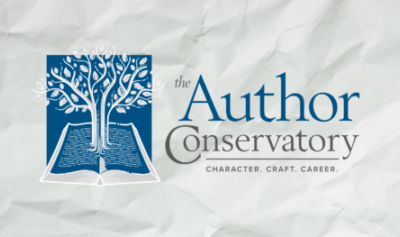I’ve been exploring various types of writers who would be good for Christian publishers and readers to give attention to. In previous posts, I suggested those involved with military or missionary service and young writers who can have good perspectives on how to live in the 21st century when the world is seemingly spinning off its axis more than usual.
However, throughout history, when hearts are hardened, when times are harder, and when all seems lost, it is the creative writer, poet, lyricist, and storyteller whose words silence the room when read and calm hearts, raising one’s gaze from the troubles of this world.
Creative writers are important and need to be encouraged.
If indeed King Solomon wrote the Old Testament book of Ecclesiastes, he was quite creative:
There is a time for everything, and a season for every activity under the heavens:
a time to be born and a time to die,
a time to plant and a time to uproot,
a time to kill and a time to heal,
a time to tear down and a time to build,
a time to weep and a time to laugh,
a time to mourn and a time to dance,
a time to scatter stones and a time to gather them,
a time to embrace and a time to refrain from embracing,
a time to search and a time to give up,
a time to keep and a time to throw away,
a time to tear and a time to mend,
a time to be silent and a time to speak,
a time to love and a time to hate,
a time for war and a time for peace.
What do workers gain from their toil? I have seen the burden God has laid on the human race. He has made everything beautiful in its time. He has also set eternity in the human heart; yet no one can fathom what God has done from beginning to end. I know that there is nothing better for people than to be happy and to do good while they live. That each of them may eat and drink, and find satisfaction in all their toil—this is the gift of God. I know that everything God does will endure forever; nothing can be added to it and nothing taken from it. God does it so that people will fear him (Ecclesiastes 3:1-14, NIV).
Why are creative writers important?
Their work brings joy. Christians know the difference between happiness and joy. One is fleeting. The other is ever-present. Joy is a fruit of the Spirit, so it is part of the Christian life.
They remind readers of God’s glory. Believers should ponder and focus on the glory of God. Nothing else in this life comes close. We need to be reminded of that.
Their work engages the heart. What goes on in one’s heart is of great interest to a holy God. Writing that goes further than information gets to the core of many issues troubling mankind.
They change the world’s narrative. Amid anger and strife, it is the creative who transcends.
They allow us to escape for a few moments. Yes, there is an element of escapism from life’s issues in creative writing. It’s the same with worship, when, for a short time, we live in Genesis 2 and all is as it should be.
For the other posts in this series:
Why military writers are important
Why missionary writers are important
Why young writers are important











